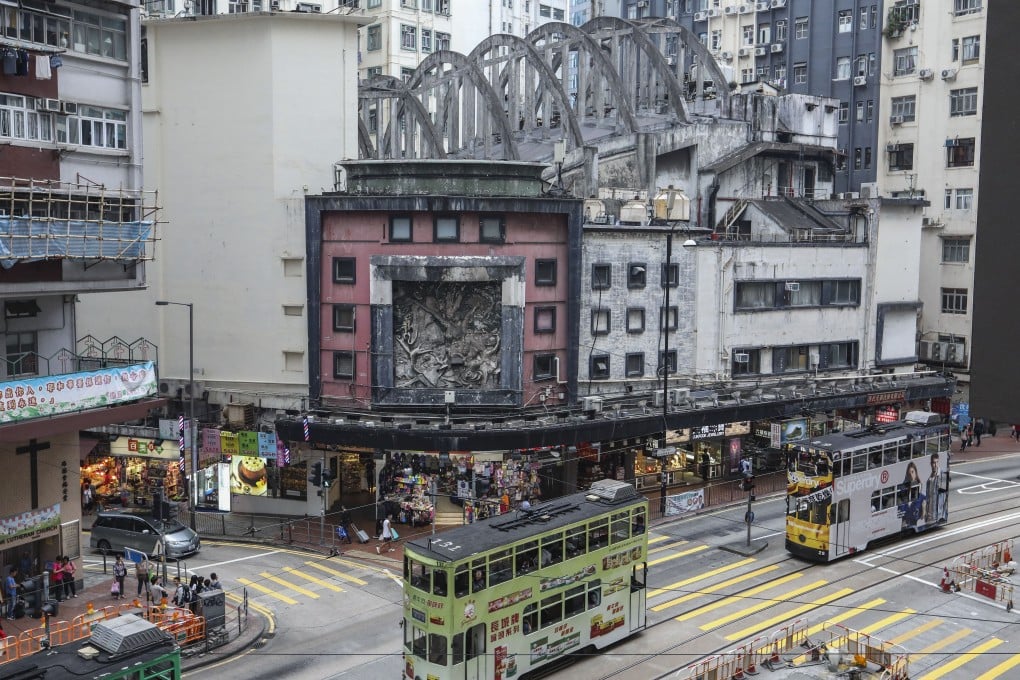Editorial | Striking a balance between urban renewal and preservation
- New World Development’s agreement to preserve the 68-year-old State Theatre building in North Point for its historical value in a multibillion-dollar project comes as a relief to historians and local community members

Following a community campaign to save the theatre in 2016, government advisers upgraded the site from grade 3 to 1, which meant every effort should be made to preserve it. News of the preservation pledge comes after New World won approval to compulsorily acquire the rest of the property it does not already own after amassing more than 80 per cent of it in recent years.
Built with an artistic facade and unique curved arches above its roof, the defunct 1,400-seat cinema last screened a movie in 1997. It was also a performance venue for Cantonese opera, late singer Teresa Teng and violinist Issac Stern. It evolved into a neighbourhood shopping centre and included 60-year-old flats, now mostly vacant.
New World says it will communicate with stakeholders and the community on how to preserve the essence of the former theatre. It sought to allay lingering worries, saying the group has a long-standing interest in promoting arts and culture. The announcement comes as a relief to historians and local community members, who first raised concerns about the future of the theatre five years ago.
Unlike historical monuments that are protected by law from redevelopment, even buildings graded as having the highest heritage value lack comparable protection under the existing mechanism, often leaving developers free of responsibility for preservation. It is good therefore that New World has stood by an earlier pledge to “actively consider how to preserve the essence of the former theatre”.
Hopefully it will give due weight to the advice of heritage experts as well as the views of the community and stakeholders. It is important for the city’s collective memory of a glamorous past that a good balance is struck between urban renewal and preservation.
